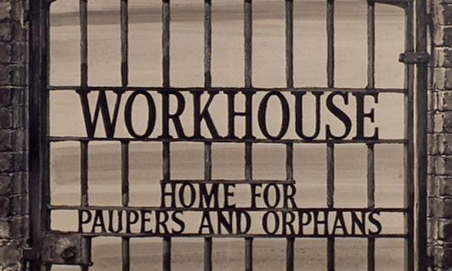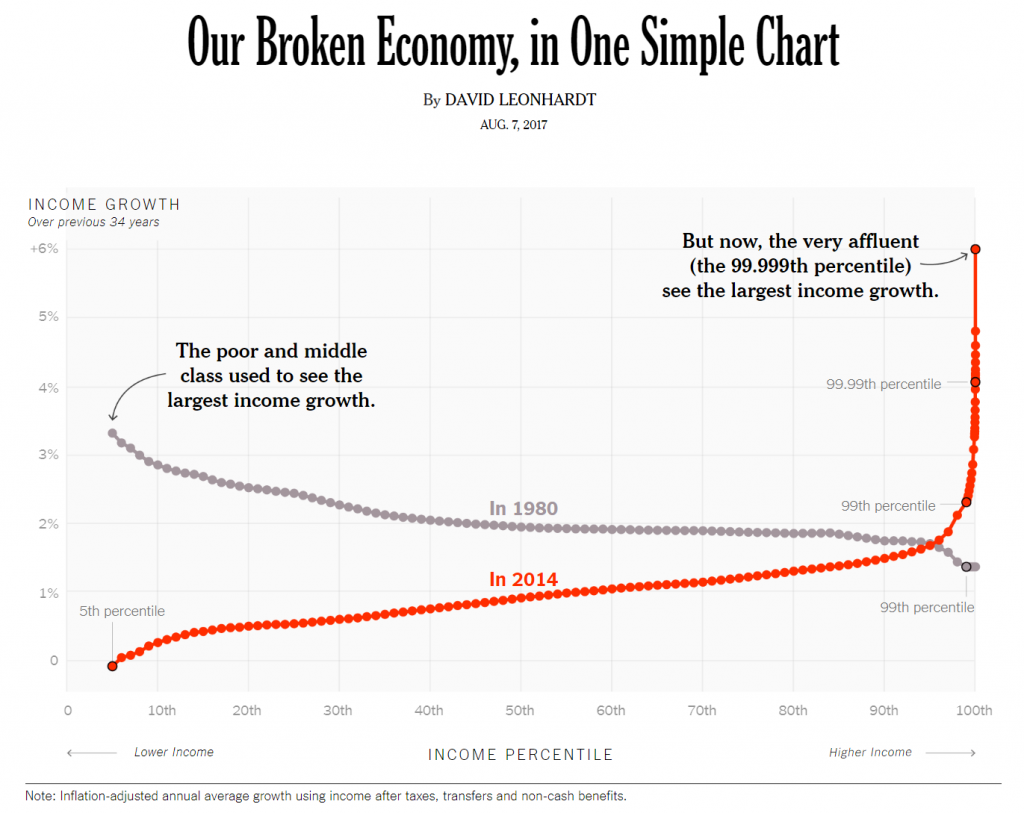 A couple of weeks ago I posed this question at the Basic Income Congress in Lisbon, Portugal; as I work with Nature Needs More Co-Founder, Peter Lanius, to evolve a model to test this hypothesis.
A couple of weeks ago I posed this question at the Basic Income Congress in Lisbon, Portugal; as I work with Nature Needs More Co-Founder, Peter Lanius, to evolve a model to test this hypothesis.
Breaking The Brand’s followers may remember in an August 2016 blog, I posed a similar question: Can a Tiered Basic Income Model Provide an Alternative to Sustainable Utilization? I asked this question because, while it is possible to tackle demand for wildlife ‘products’, any success will be short lived if there are groups of people who are so financially incentivised to supply that they are willing to re-manufacture the demand. Traffickers and people who want a legalised trade in wildlife products are reliant on impoverished people and communities to support their desire to trade and it is in their best interest to have these communities think that there is no alternative way to bring much needed funds, other than poaching and so-called sustainable use. A Basic Income linked to conservation outcomes may provide such an alternative for communities located near key wildlife populations.
As I continue to look for solutions to tackle the illegal wildlife trade, new strategies come with additional challenges. What is intriguing, is that nearly all the challenges, at every stage, stem from the modern concept of commoditising people and nature. So, what is the additional challenge that has come along as a result of considering the Basic Income approach as a way to undermine the international wildlife trade?
The History of Manufacturing People’s Worth: Paid labour defines your worth and not working is a character flaw.
One of the persistent arguments against a basic income is that giving people an unconditional handout will make them ‘lazy’. There is a huge body of evidence that shows once a group has overcome ‘survival anxiety’, as the result of receiving a basic income, all the energy that was diverted to the day-to-day drudgery is liberated. This, in turn, leads to an investment in local enterprises and these communities increase their economic security, health, wellbeing and education. So where does this mindset that giving people an unconditional basic income will lead to laziness come from? All the modern concepts about the self-identity associated with work and labour emerged only with the industrial revolution, so why and how did this happen?
With the invention of mass production, industrialists needed more-and-more people to work in their urban factories. To make this happen, a series of strategies were applied:
| Step 1: |  |
||
| Question: How do you get a population to leave the land that their families have worked for generations?
Answer: Come up with a strategy of mass-enclosures – throwing people off the land that sustained them. |
|||
| Step 2: | |||
| Question: How do you get people to move away from the areas they know and the communities they belong to?
Answer: Enact laws – The poor laws of 1834 in England stopped the parishes giving money to the poor (which was like a fall back basic income) forcing them into factories or workhouses. |
|||
| Step 3: | |||
| Question How do you get a sustained transformation and a new culture of people accepting paid employment?
Answer: Invent a new story that paid labour defines your worth and not working is a character flaw. |
With this process both nature and people became commoditised, defined only by their utility (labour and land/natural resources). What has happened since is just refinements of this story, with neoliberalism the latest, most extreme incarnation. But the story is running into problems as it clashes with reality and, whether we want to face it or not, we are in the middle of another great transformation.
A Broken Economic System
Capitalism solved the problem of the allocation of scarce resources and enabled rapid economic growth. Today, continued rapid growth will destroy the planet we depend on and labour resources are no longer scarce. Nothing shows this more starkly then the change in income in the US between 1980 and 2014 for every point on the distribution. https://www.nytimes.com/interactive/2017/08/07/opinion/leonhardt-income-inequality.html
 The excess of available labour has driven down wage growth for all who’s income depends on selling their labour. Only the top 1%, who make money off money, thrive.
The excess of available labour has driven down wage growth for all who’s income depends on selling their labour. Only the top 1%, who make money off money, thrive.
Under a model invented to further the needs of the industrial revolution, people (labour) have now lost their value, there are simply far too many of us to be valuable and as the automation process evolves this will only worsen. At the same time, while there will be significantly fewer jobs, the majority of people, rich and poor, have fully bought in to the concept that paid labour defines your worth and not working is a character flaw.
Currently No One Has Time For Civic Participation and ‘Citizen Work’
What we need to address these challenges is a new economic system and a new concept of ‘work’, that isn’t only about paid employment. This takes us back to the ancient Greeks and perhaps we need to look back to the birthplace of democracy and revisit their concept of civic participation and citizen ‘work’. Given that today our political systems have been captured by ‘professionals’ – career politicians, lobbyists, career public servants – most people are being excluded from civic participation and political influence. Our political systems are characterised by a democratic deficit and it is starting to lead to a backlash of populism and protest votes.
What does all of this have to do with a basic income? In our current system nobody has the time for civic work, which is no accident and applies to all groups:
- The unemployed are kept busy with compliance activities and disenfranchised through payments that do not cover basic living expenses.
- Those in the precariat are paid poverty wages and have to work long hours or two jobs to make ends meet
- The well paid are not just expected to work 50-60 hours a week, they are expected to be available 24×7 via email and remote access to the office.
The combined result is that civic participation for most is reduced to voting in elections and signing online petitions, leaving the political class and the rich to do as they please; and this is no accident.
A universal basic income is hence a massive threat to our current political settlement and our political class. With a basic income set at a ‘decent’ level, people will not have to work full time and can actually choose what to do with their time. Which will enable in-depth civic participation and significant (not only ‘Like’ and ‘Share’) political activism. If this becomes socially acceptable, the current order can no longer be sustained. Hence maintaining the old story that hard work defines your worth is essential to maintaining the current order. Even if you are working in a bullshit job or simply a shit job, you have to believe that this makes you a valuable member of society, at least more valuable than those living on ‘handouts’.
This work equals worth story will therefore be repeated ad-nauseum and not just in the tabloid press. At the same time, it is being undermined by this unfortunate thing called ‘reality’. Reality is that:
- The automation process is rapidly accelerating bringing with it unprecedented unemployment rates.

- Many people know that they are doing shit jobs or bullshit jobs and if they don’t accept (bull)shit jobs and crap wages, people are labelled job-snobs (remember – labour defines your worth and not working is a character flaw).
- The gig economy jobs don’t offer a professional identity or feeling of belonging, like a full-time job.
- Participation rates are falling, as the disillusioned exit the labour force.
- Wages have been flat or going backwards for 40 years in real terms.
- The most important jobs are often poorly paid (teachers, nurses, carers etc.).
- The social systems prior to capitalism did not rely on money or paid work to function.
- Pay at the top is completely divorced from skills and capabilities.
- South Africa is the most unequal major country in the world, with staggering wealth and unemployment rates…It CEOs earn 541 times the average income
- Compared with USA 299xmore, UK 229x, Switzerland 179x, Germany 176x.
All of these realities undermine the old story and open the window to a new story, where ‘work’ becomes something different and more meaningful to our changing needs and realities. This story is still in development and the transformation process is likely to take decades. Experimenting with the ‘new’, like a basic income trial linked to conservation, is going to create a backlash from the old and established order. At the sometime such experiments are necessary to aid the transition to an automated world of mass unemployment.
Back To The First Question – Can A Basic Income Stop The Illegal Wildlife Trade?
 As we experiment with new models of income support and new ways of organising society, there is an opportunity to trial the basic income model in various contexts. We already know that the current approach to halting the illegal wildlife trade has failed – relying on protection measures and law enforcement alone is not going to be enough. Demand reduction will play a role, but there also needs to be an incentive for populations bordering parks and reserves to re-connect with wildlife and the natural environment.
As we experiment with new models of income support and new ways of organising society, there is an opportunity to trial the basic income model in various contexts. We already know that the current approach to halting the illegal wildlife trade has failed – relying on protection measures and law enforcement alone is not going to be enough. Demand reduction will play a role, but there also needs to be an incentive for populations bordering parks and reserves to re-connect with wildlife and the natural environment.
The tiny number of jobs on offer in both eco-tourism and trophy hunting will never be enough. In addition, for all the people trying to do the right thing for wildlife and communities, there are still too many profits being expatriated to tax havens by some owners and operators, instead of shared with communities. Even where a degree of revenue sharing has been established the model often dedicates where the funds go.
The basic income model would instead establish a direct benefit to all members of the communities surrounding a park or reserve. It would alleviate poverty, provide food security and hopefully will drastically reduce the incentive to poach and the influence of traffickers on impoverished communities. We will continue to refine the design of such a trial over the next 4-6 months, with a view to launching stage 1 of a pilot project it in late 2018.
Like to read our blog posts? Subscribe Here.

